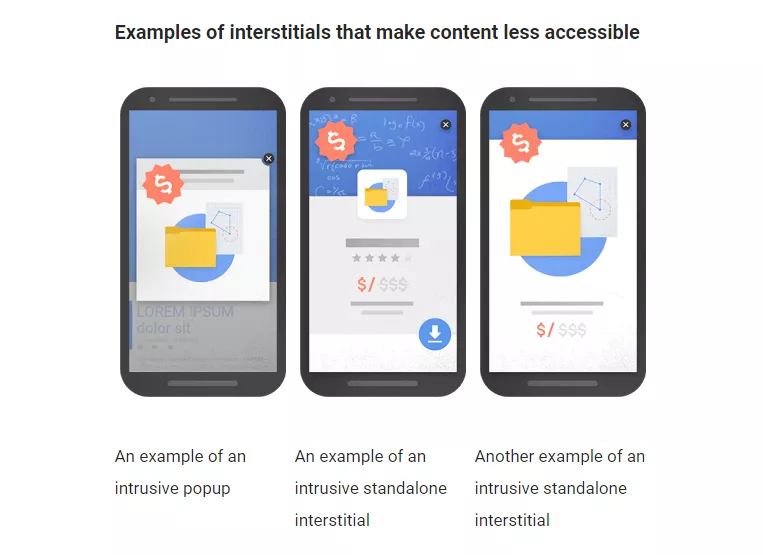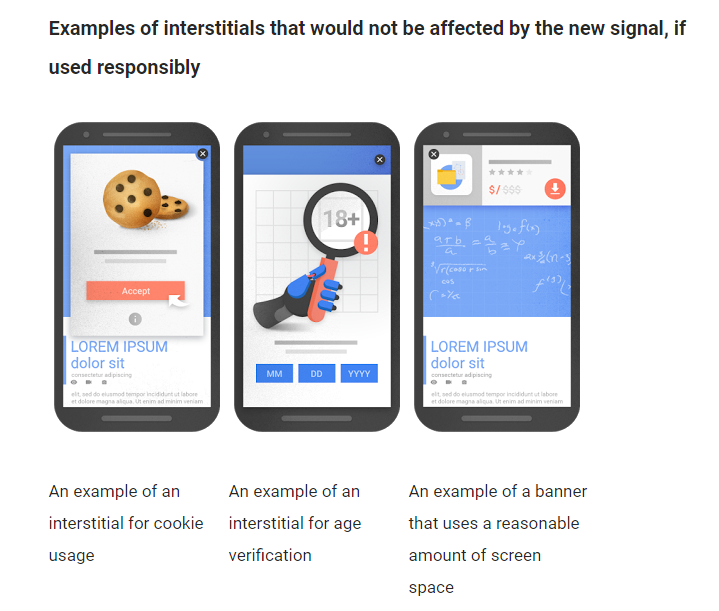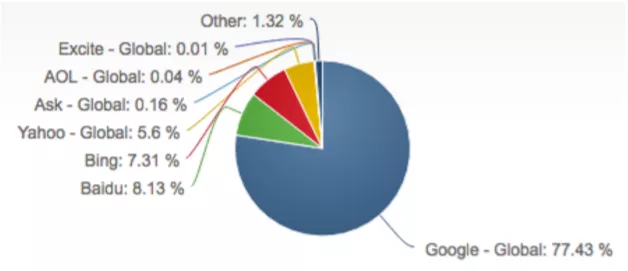Websites bank on the millions of internet users daily to get traffic and profit from them. For e-commerce, the World Wide Web is a huge marketplace where vendors compete for the attention of their buyers and customers. Everyone is struggling to find ways to come up with content ideas that work.Everyone is trying to use social media marketing as well as other techniques that can generate more revenues for their websites.
It also takes a good combination of SEO and content marketing to stay ahead of the competition. However, through the years, a lot of myths have popped up regarding SEO that is hurting the stats of hundreds of website.
Have you fallen for any of these myths? Read on to know what you should do instead.
Myth #1: You Only Need to Do SEO Once
No. Not even close.
The SEO world changes rapidly. Indexing techniques, ranking algorithms - these all evolve continuously. Whether you're running a website or starting a blog, not taking care of the SEO for your pages on a regular basis will soon have you sinking downward on SERPs.
In addition to that, what if you failed to follow-up on your SEO and your competitors didn't? That means they'll most likely be going up on search engine rankings at the exact same time that you're going down.
More than ever, search engine rankings are at their most competitive. You have to strive hard and use the latest SEO tools and search engine marketing campaigns to ensure that you manage to stay on top. And you have to do it regularly. There are no loophole and excuses to this one if you want your website to remain as marketable and profitable as ever.
Myth #2: H1 Tags Help Keep Your Rankings Up
In the past, H1 tags used to be one of the essential factors for SEO. They used to belong in the top tips to rank your website on search results. These days, they are still part of the best practices especially for readability and website design.
However, as search engine optimization has changed over the years, H1 tags have ceased to become a viable SEO differentiation source.
This means that this time, it pays to spend time researching ways to come up with content ideas for your website. It's now more important to focus on producing useful and relevant content that directly addresses your users needs.
Myth #3: Pop-Ups Are Always A Good Idea
Pop-ups can certainly grab your user's attention and be a good move to get more responses on your CTAs. But, as with everything else, anything in excess can produce negative effects.
Intrusive interstitials, or pop-ups that make it harder for your users to access your content, are the most annoying kind. In such cases, they are frowned upon not just by users but even on digital product reviews.
In relation to this, Google ha s started to penalize websites that utilize these kinds of pop-ups.
Meanwhile, some interstitials will not be open to penalization as long as they are responsibly used.
Basically, your site is safe from penalization if your pop-ups:
- do not cover up an unreasonable amount of space on the page
- present legit legal information or require access-related pertinent data e.g. login dialogs, age verification, etc
Both sets of rules apply to both desktop and mobile versions of your website.
Myth #4: Mobile SEO is No Big Deal
You may or may not have noticed that Google has removed the "mobile-friendly" notes on the links on their SERPs. You may now be wondering why that is.
Previously, the purpose of such notations is to inform users regarding which websites look great on mobile devices.
Now, however, Google has started to prioritize websites with mobile versions in its indexes. They want ALL websites to have Accelerated Mobile Pages or AMP.
"But I don't have that many mobile users visiting my site," you say. Google's new mobile-friendly algorithms, unfortunately, don't care. You HAVE to have a mobile-friendly website or down the rankings you go.
Never neglect Mobile SEO, my friends.
Myth #5: Local SEO is Overrated
People on mobile devices comprise a humongous number of internet users around the world. Usually, when most mobile-users lookup information they need online, they do so in location-specific contexts. For example, when they lookup data regarding malls, restaurants, shops, etc.
When they do so, you absolutely need to show up on the top of the local search results.
Most especially if you have an e-commerce website, even if you sell services that users can enjoy regardless of location, you still should never forget to optimize for local audiences. Even resources on how to generate leads mention how necessary Local SEO is.
Numbers are key to this factor. Since a huge number of people use the internet from their mobiles, if you're not on top of the local SERP, you'll be beaten by competitors who bothered to capitalize on the importance of Local SEO when you didn't. You can kiss those clicks, visits and potential customers goodbye.
Myth #6:You Only Need to Optimize for Google
Google still is undeniably the biggest fish in the sea especially when it comes to search engines. And it doesn't look like that's going to change anytime soon.
On the other hand, according to recent statistics, other search engines like Yahoo, Bing, and Baidu also hold an increasing number of users.
Given, the search engine user statistics of these three are not of the same magnitude compared to Google's. Still, these three, as well as other search engines, should not be fully disregarded when doing SEO.
These other search engines are slightly different compared to Google. For example, Bing's SERP rankings less focused and backlinks and are instead concentrated in the following:
- user engagement
- social signals
- click-through rates
- page authority
- keyword domains
It also doesn't use social media shares and numbers of followers in compiling search rankings. As such, optimizing solely for Google means you miss out on Bing users.
If you're targeting 100% of the internet for your site traffic, you must optimize for at least the top 3 search engines.
Wrapping Up
This is by no means the most comprehensive list of SEO myths that have been debunked. But these are some of the most common areas that can largely affect how your site figures on search engine results. Kick these myths and your website will definitely have better chances to be on top and to stay there.
Do you have anything you'd like to add? We'd love to hear your insights. Let us know in the comments below.
Related Articles
How to Set Up Consent Mode in GA4 on Your Website with Google Tag Manager
Let's explore how to properly integrate consent mode in GA4, configure it for effective data collection, and at the same time comply with GDPR and other legal regulations
Display Advertising Effectiveness Analysis: A Comprehensive Approach to Measuring Its Impact
In this article, I will explain why you shouldn’t underestimate display advertising and how to analyze its impact using Google Analytics 4
Generative Engine Optimization: What Businesses Get From Ranking in SearchGPT
Companies that master SearchGPT SEO and generative engine optimization will capture high-intent traffic from users seeking direct, authoritative answers






